By Ashley McIlwain
Forgiveness. It’s such a simple word, but behind it lays an abyss of layers. Layers that many of us struggle with. Layers that all too often we can’t understand or put into practice. It’s just one word, but within its context is a world of freedom or bondage.
Forgiveness is something that comes easily for some while others struggle with it. There are those that resist giving it to others, and those that wrestle with extending it to themselves. Then there are the people that have a difficult time receiving forgiveness. Though seemingly straight forward, forgiveness is a complex notion that can truly bring peace and healing or discord, anger, and bitterness.
What Is Forgiveness?
Our Saviour kneels down and gazes upon the darkest acts of our lives. But rather than recoil in horror, He reaches out in kindness and says, ‘I can clean that if you want.’ And from the basin of His grace, He scoops a palm full of mercy and washes our sin. — Max Lucado
Forgiveness is letting go. Letting go of pain, bitterness, anger, and all record of wrong. It’s giving pardon to ourselves or someone else for making a mistake. Forgiveness is a nearly impossible task without understanding the ultimate absolution and example of it as demonstrated by Jesus Christ.
But God demonstrates His own love for us in this: While we were still sinners, Christ died for us” (Romans 5:8). Clearly the portrait of Christ’s death and resurrection is one of unparalleled grace and mercy. Though completely undeserved and without condition, Christ was a human sacrifice for our sins, setting the ultimate example of what it means to forgive. Jesus said, “Father, forgive them, for they do not know what they are doing.” –Luke 23:34
When we wonder what forgiveness is or what it looks like, all we need to do is look to Jesus’ precedent.
A Gift to Others
Be kind and compassionate to one another, forgiving each other, just as Christ forgave you. – Ephesians 4:32
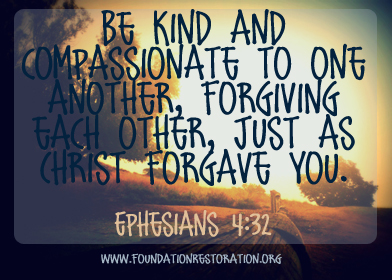
Forgiveness was meant to be something given, extended, and offered to others. Many people struggle with this concept, including me. If you are like me, you want justice, revenge, and an apology at the very least. After all, that’s the only fair thing, right?
Seemingly unfortunately that’s not how forgiveness works. I say seemingly because if justice, revenge, and fairness ruled, then we would be in big trouble because of all of our missteps and failures. We can demand or seek pardon and forgiveness for our shortcomings, and on the other hand, demand justice and pay back for others’ shortcomings.
In Matthew 18:21-22, the apostle “Peter came to Jesus and asked, ‘Lord how many times shall I forgive my brother when he sins against me? Up to seven times?’ Jesus answered, ‘I tell you, not seven times, but seventy-seven times.’” This is followed by a story in Matthew 18:23-35 that I think many of us can relate to. A servant who owes a huge debt to a king begs for mercy, and the king takes pity on the servant cancelling his debt. The servant then goes out to a fellow servant who owes him a small debt and demands he pays him immediately. When the fellow servant cannot pay him and begs for mercy, the man has him thrown in jail. When the king hears of this double standard, he is so angered that after taking mercy and canceling the huge debt of this servant, the servant didn’t demonstrate the same grace toward his own debtors. So the servant ends up getting thrown in jail himself until he can pay off the debt that he had originally been forgiven of.
I think many of us are like that servant, we want grace and forgiveness, but then we are stingy in extending it to others. Obviously, I am not saying to be reckless in relationships allowing people to do whatever they please to you. Wisdom is necessary, and especially with loved ones, we should work together to constantly grow and develop as individuals. But it’s important to remember the mercy we were shown and be quick to offer it to others.
Bear with each other and forgive whatever grievances you may have against one another. Forgive as the Lord forgave you. – Colossians 3:13
A Gift to Self
A common misconception about forgiveness is that it is merely a gift we gift to others. We begrudgingly say, “Fine! I will forgive you.” It as though we are some martyr, stuck taking one for the team.
In fact, forgiveness is a gift we give ourselves when we offer it to others. When we hold onto things, we are the ones who suffer the most rather than our offender. Often times the one who hurt us doesn’t even realize it or sometimes care, while we sit and stew over it allowing ourselves to be injured repeatedly by the same thing. This can lead to anger, bitterness, and all sorts of painful and damaging emotions.
When we choose to forgive others, there is a release. Suddenly the offense loses its power and grip over us. It can’t hurt us anymore, and we receive freedom from it. Corrie ten Boom, a holocaust survivor, said this, “Forgiveness is the key that unlocks the door of resentment and the handcuffs of hatred. It is a power that breaks the chains of bitterness and the shackles of selfishness.”
Seeking Forgiveness
While forgiveness is a gift, it is something that we should seek. 1 John 1:9 says, “If we confess our sins, He is faithful and just and will forgive us our sins and purify us from all unrighteousness.” If you or I know that we have wronged someone, then we should seek forgiveness from our Savior and from the person we wronged.
It’s as simple as going to that person and saying, “I know that I hurt you when I (insert what you said or did). I want to sincerely apologize to you for any pain I may have caused you. Please forgive me.” Matthew 5:23-24 says, “Therefore, if you are offering your gift at the altar and there remember that you brother has something against you, leave your gift there in front of the altar. First go and be reconciled to your bother; then come and offer your gift.” Big or small, there is so much powerful in confessing our mistakes and seeking forgiveness.
Sometimes our apology or confession is met with open hands and heart, and other times, it may not. Regardless, you are responsible for you and should seek restitution no matter what the outcome.
Forgiveness and Marriage
Many marriages end because of a lack of forgiveness. We hold grudges, harbor ill feelings, and allow the seeds of resentment, bitterness, and anger to grow in our hearts until it chokes out all traces of love and grace. Pretty soon the marriage dies.
Marriage is a lifelong series of instances of forgiveness. We have to choose to forgive our spouse, and we need to choose to seek forgiveness from our spouse, to accept responsibility for our actions. It starts with giving your spouse the benefit of the doubt. He/she loves you and doesn’t intentionally hurt or wrong you just as you don’t intentionally hurt or wrong him/her. Love chooses to believe the best about our spouse and seeks understanding about the situation.
Too many times I see people so willing to overlook flaws, failures, and injuries of friends, co-workers, and even strangers, but when it comes to their spouse, suddenly that grace and mercy are nowhere to be found. Our spouse should be the first person we offer up forgiveness too freely. It is vital to the lifelong success and condition of the marriage. Ruth Bell Graham says, “A happy marriage is the union of two good forgivers.”
Forgiveness isn’t always easy. In fact, it can be one of the most difficult concepts to implement. But, it is absolutely vital to our life, relationship with Christ, relationship with our spouse, and relationship with others. It gives freedom in every area of our life if we seek, receive, and give it.
Forgiveness is God’s invention for coming to terms with a world in which people are unfair to each other and hurt each other deeply. He began by forgiving us. And He invites us all to forgive each other. –Lewis B. Smedes
Copyright © 2012, Foundation Restoration. ALL RIGHTS RESERVED. No reproduction allowed without written permission from Foundation Restoration and/or the author.

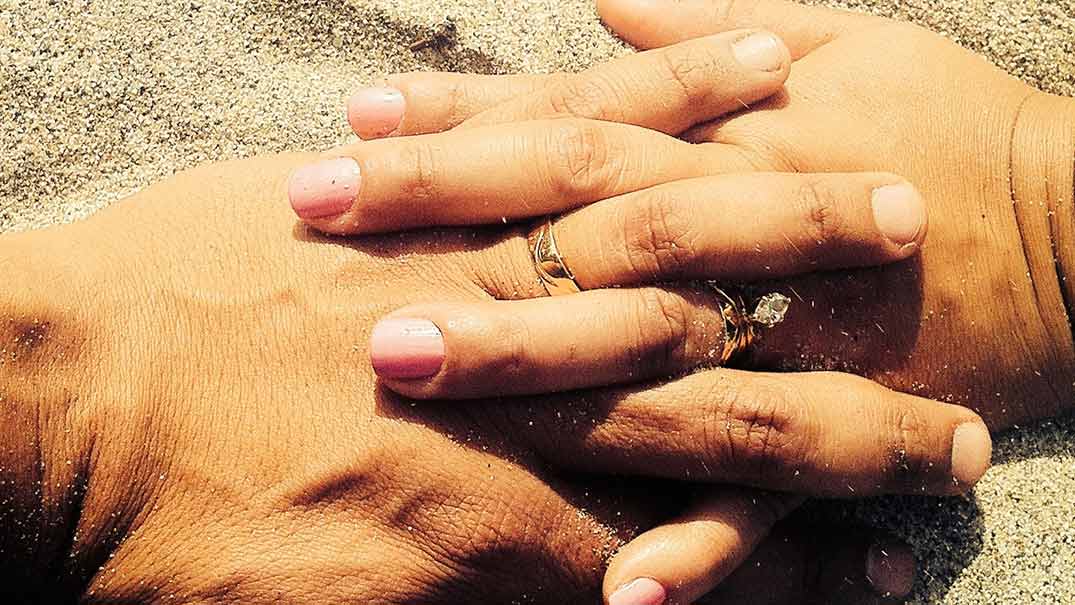
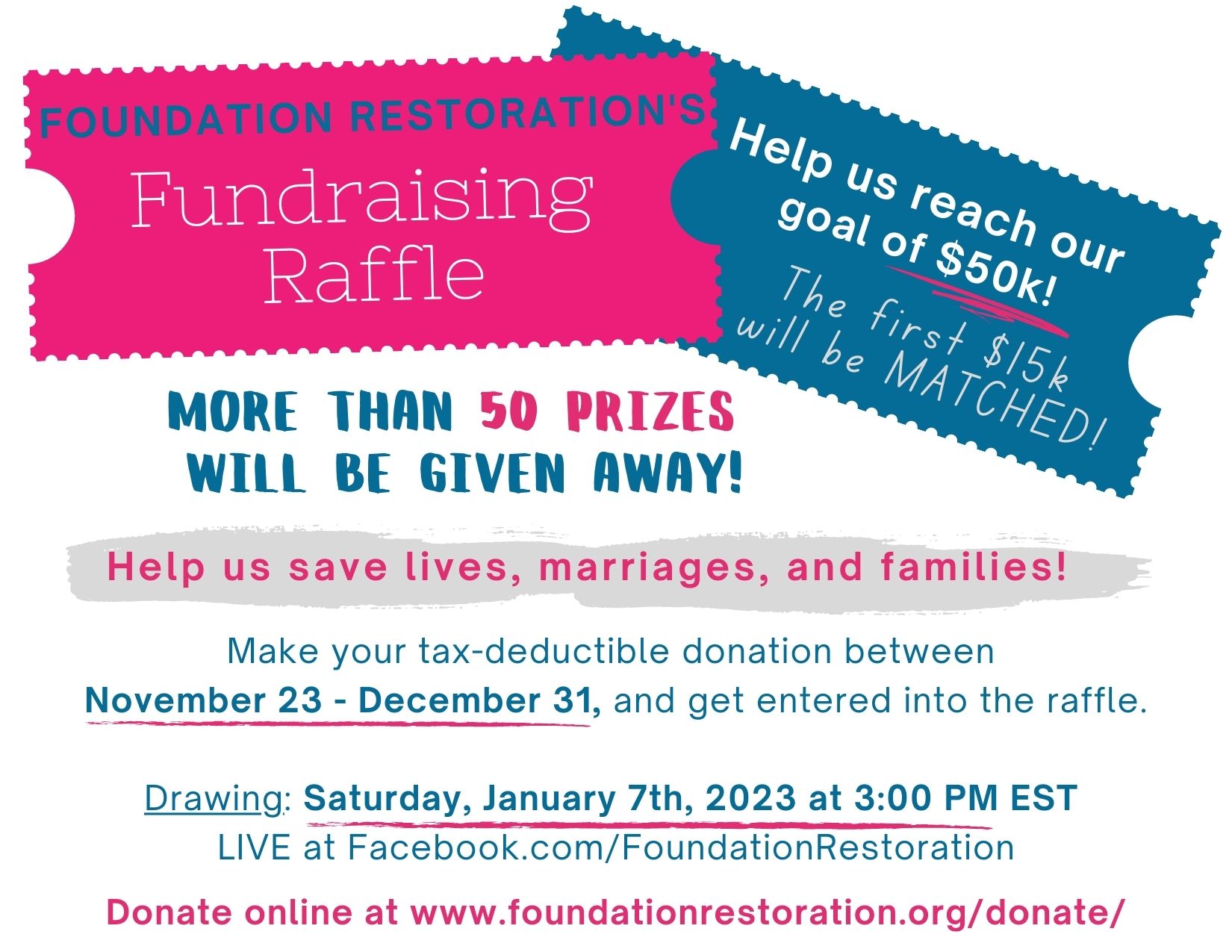

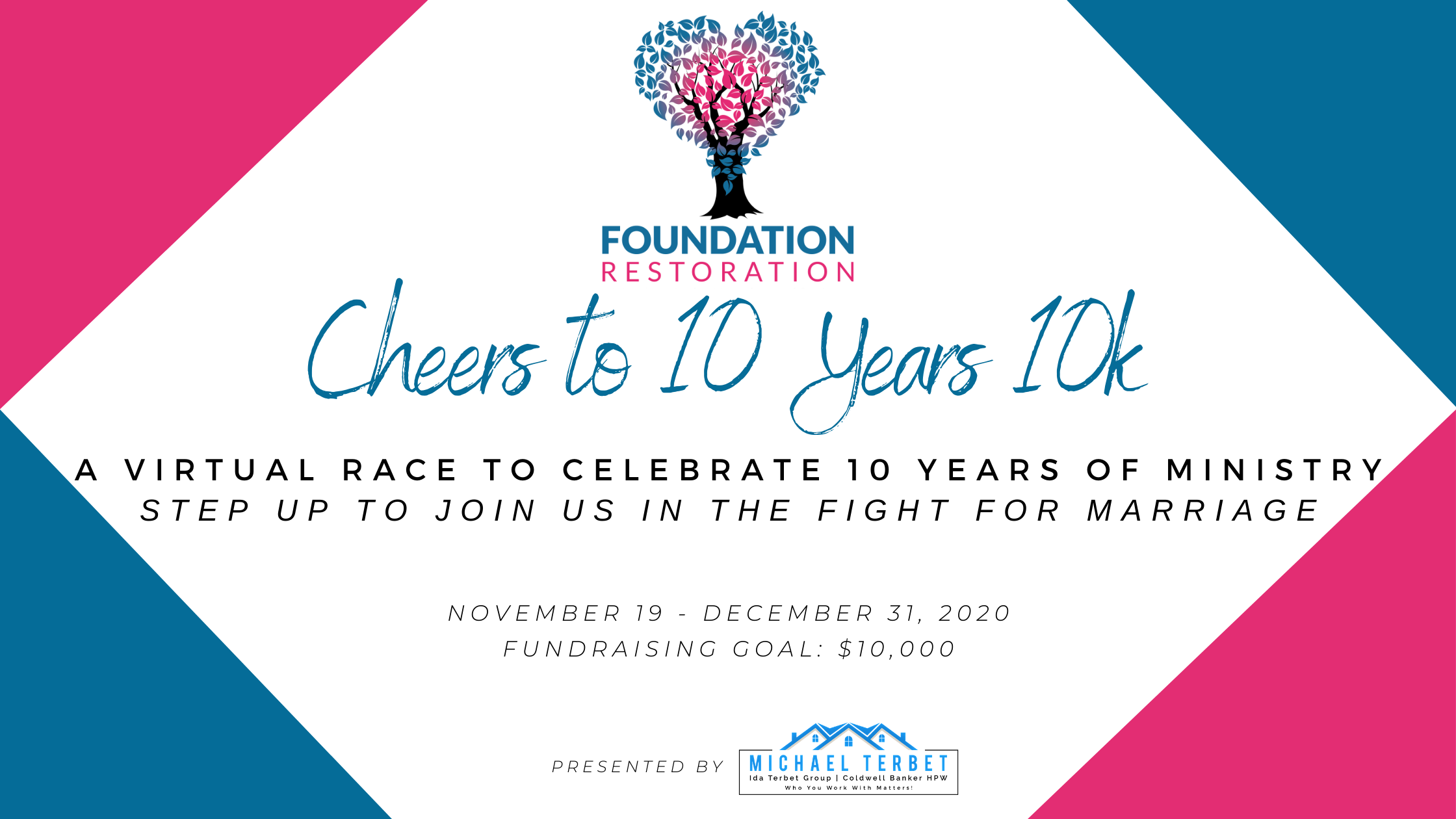
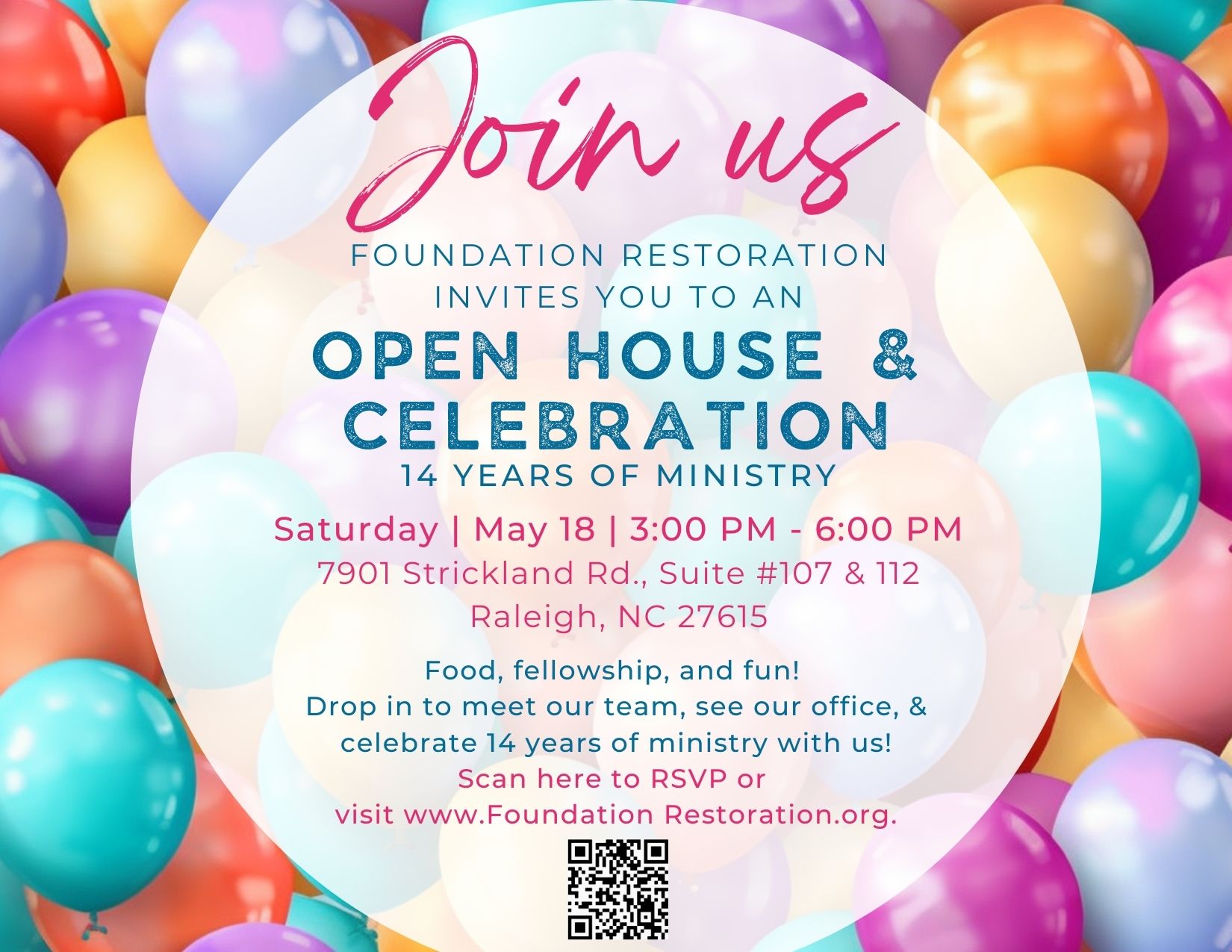
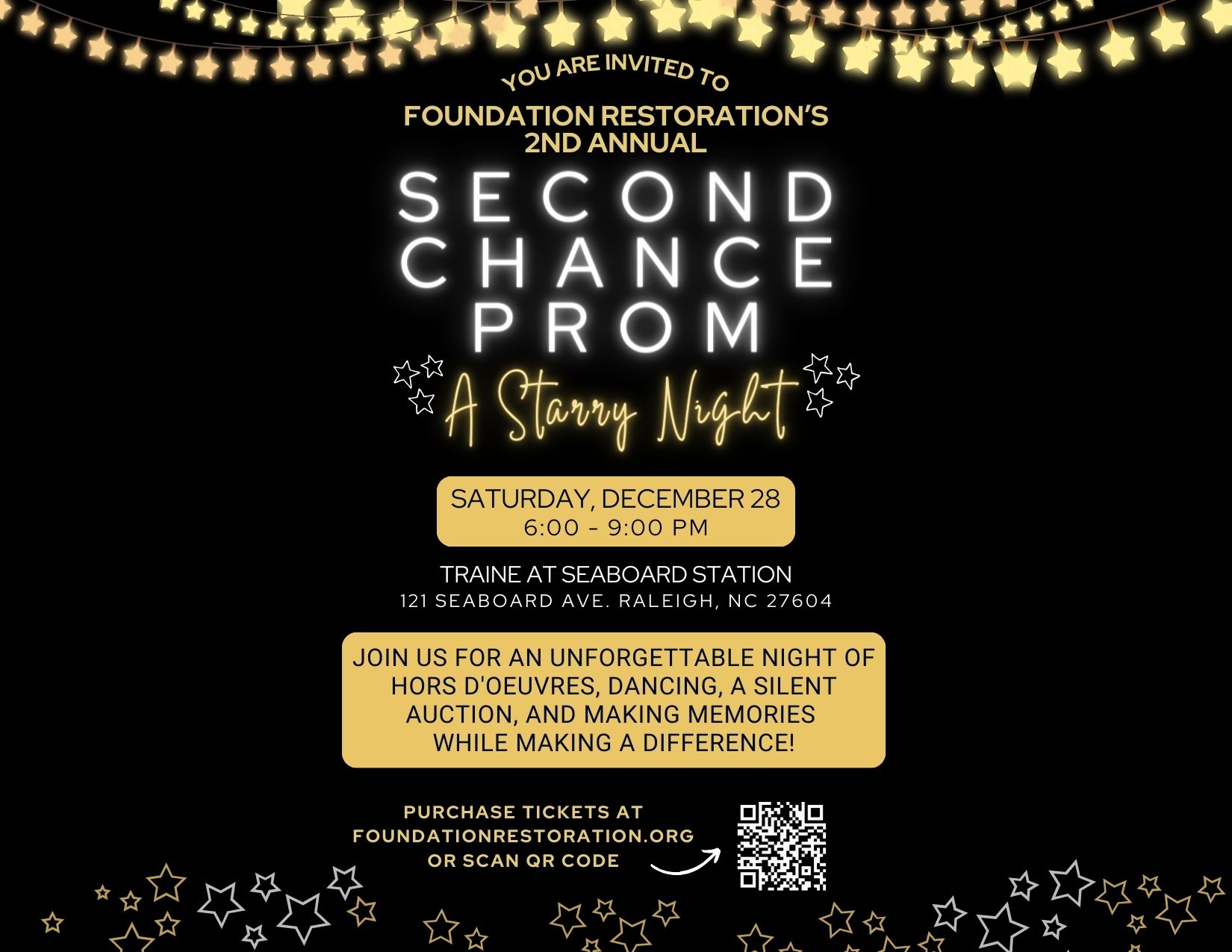
Ashley, the older I get the more I realize forgiveness is more for the one that offers forgiveness than anyone. There is a very special blessing to each of us, every time we extend it to someone that doesn’t ask or even deserve it. I believe it is a very important part of our christian lives. Learning from the best, our Saviour, so glad He gives us a chance to experience life with forgiveness. Great Article!
Linda, thanks so much for the feedback! It’s so true that forgiveness is one of those gifts where, the more you give away, the more you receive! As a Christian, we see that Christ set this incredible example of what forgiveness is and means. It’s up to us to honor His forgiveness to us by forgiving others.
Oooohhh… This is a great one for me! It really ministered to my heart and reminded me that forgiveness is CONSCIOUS decision that I have to make every day and that it’s really not an option it is mandatory. I need to work on giving it without any hesitation because I expect the same! Thanks! REALLY GOOD ONE!
Erin, thank you so much for the encouragement! It’s always so wonderful to hear that one of my articles ministered to someone, so thanks for letting me know. It’s true that forgiveness is a conscious decision that needs to be made. It’s definitely something easier said than done, but that’s why we need God’s Holy Spirit to help us when we struggle with forgiveness. Thanks for the feedback!